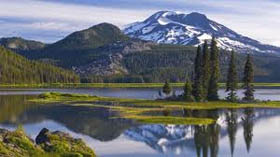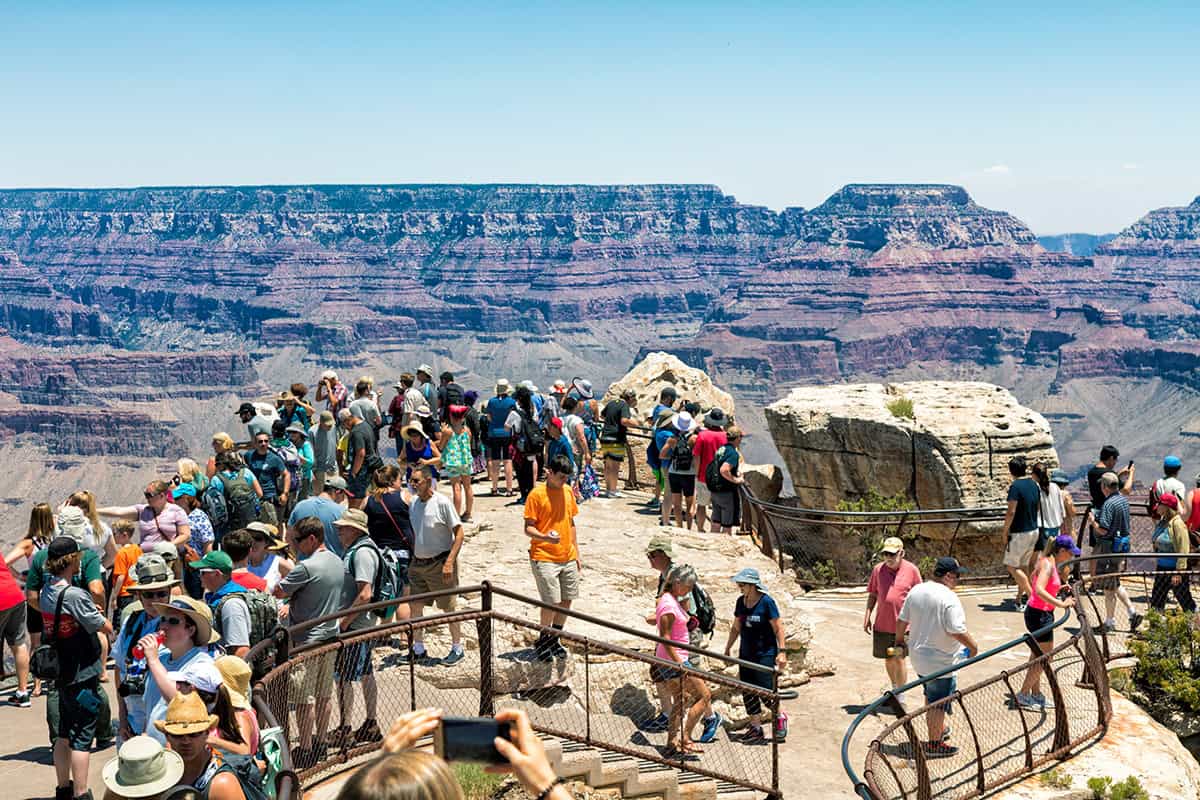
At the turn of the 20th century, Congress passed the Antiquities Act – giving President Teddy Roosevelt the authority to restrict the use of any federally owned public land by designating it as a national monument.
It’s one of the few powers that allows the executive branch to completely bypass congressional opposition. Roosevelt and all of his successors in the Oval Office – except Richard Nixon – have used the act more than 100 times.
President Jimmy Carter designated 15 monuments in Alaska, despite strong opposition from Congress.
President Bill Clinton created the Grand-Staircase National Monument in Utah during an election year. The irony of his standing on the Arizona side of the Grand Canyon while designating a national monument entirely in Utah was noticed approvingly by friends and disparagingly by foes.
President Barack Obama is poised to follow suit. He has already created a few noncontroversial national monuments. The designation of Chimney Rock in Colorado had long enjoyed the support of politicians at all levels as well as residents of local communities.
The Administration is being urged to establish more national monuments – ones that cover thousands or even millions of acres and for which there is little local support. The pressure has been so intense that Secretary of the Interior Sally Jewell recently announced plans for a massive increase in national monuments covering millions of acres currently managed for multiple uses.
Economic studies are providing justification for designating monuments. These studies claim local economies benefit when the government increases public lands protection from multiple use to more restricted designations such as national monuments.
BBC Consulting and Research, for example, has been cited frequently in the conversation about Organ Mountains-Desert Peaks.
BBC released findings that designating the area as a national monument would boost tourism, thereby promoting economic growth.
In their final pages, however, BBC acknowledges that their findings are contingent on variables as volatile as geopolitical events and changes in disposable income.
We attempted to replicate these types of studies and failed.
That is, using a careful methodology and making comparisons between counties through time, we find at best no effect on local economies and, more likely, negative effects of monument designations.
For example, we evaluated the Grand Staircase-Escalante National Monument, which was created by Clinton in 1996. As with studies about Organ Mountains-Desert Peaks, there were predictions of increased economic activity because of the designation.
We found none of the predicted increases in economic activity.
But economic development is not why national monuments should be created. Monuments created under the Antiquities Act were meant to preserve scientifically and culturally valuable sites.
If an area qualifies under the purposes of the Antiquities Act, then Obama could be justified in creating a new national monument.
But he ought not to hide behind dubious claims about economic development.



